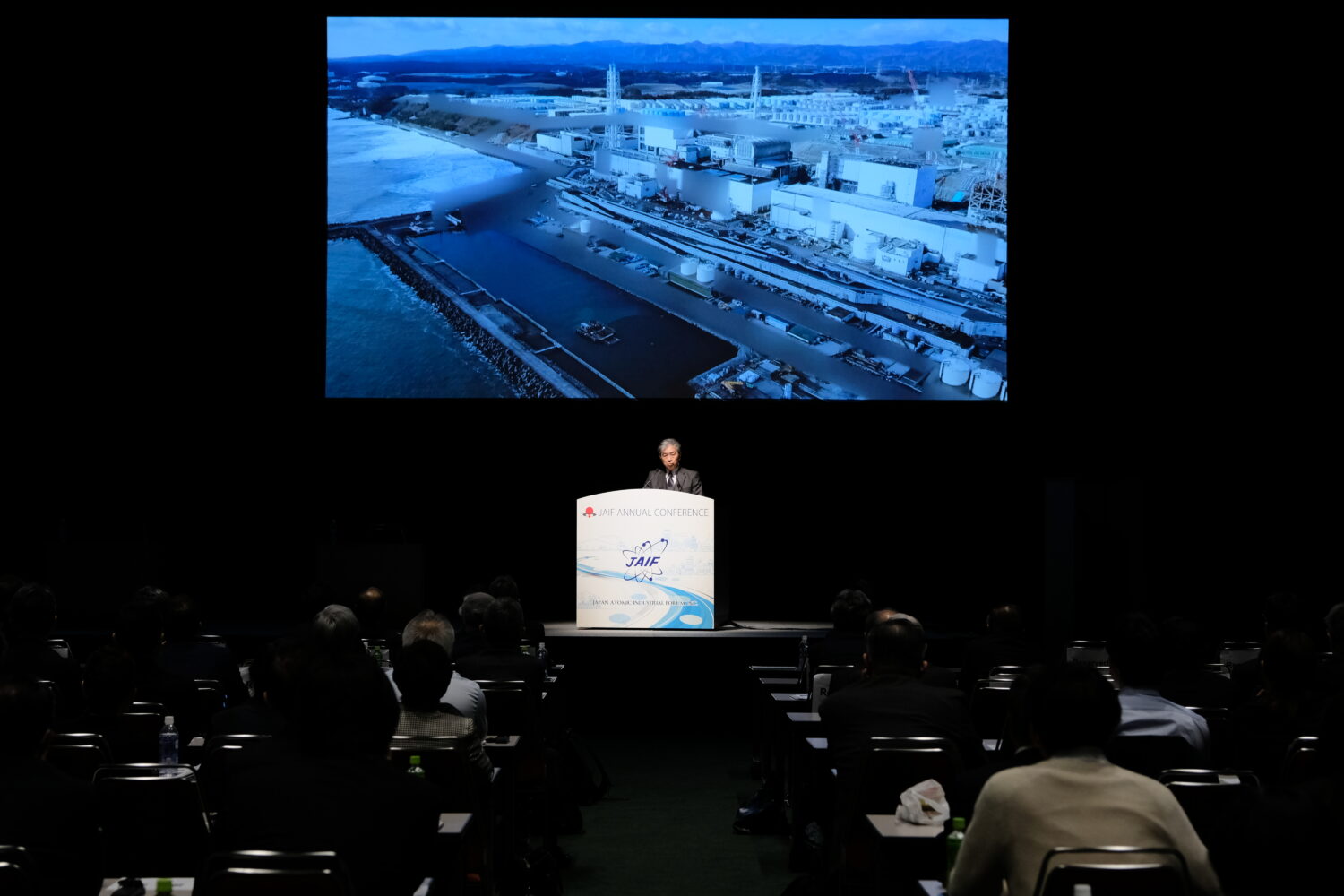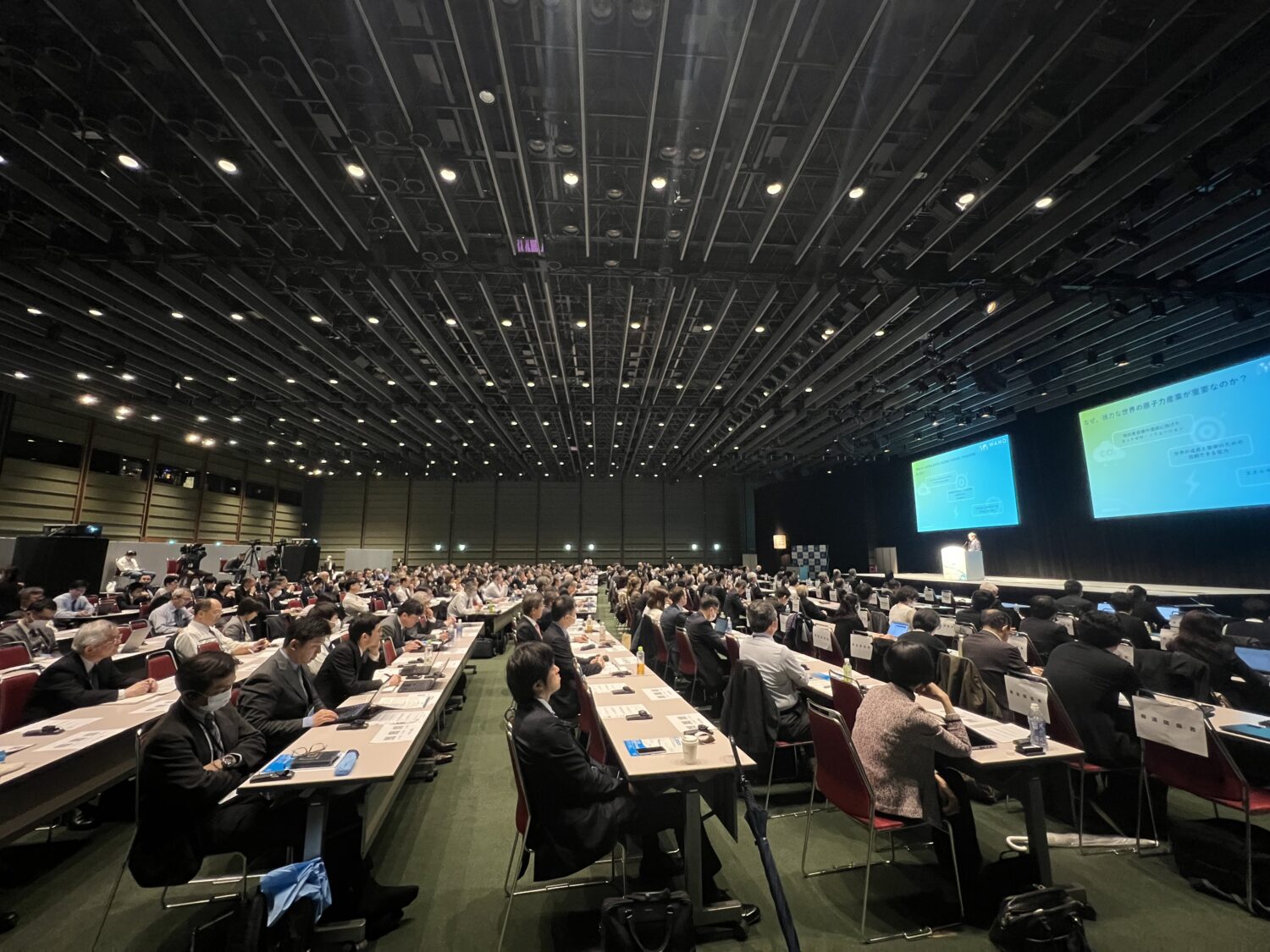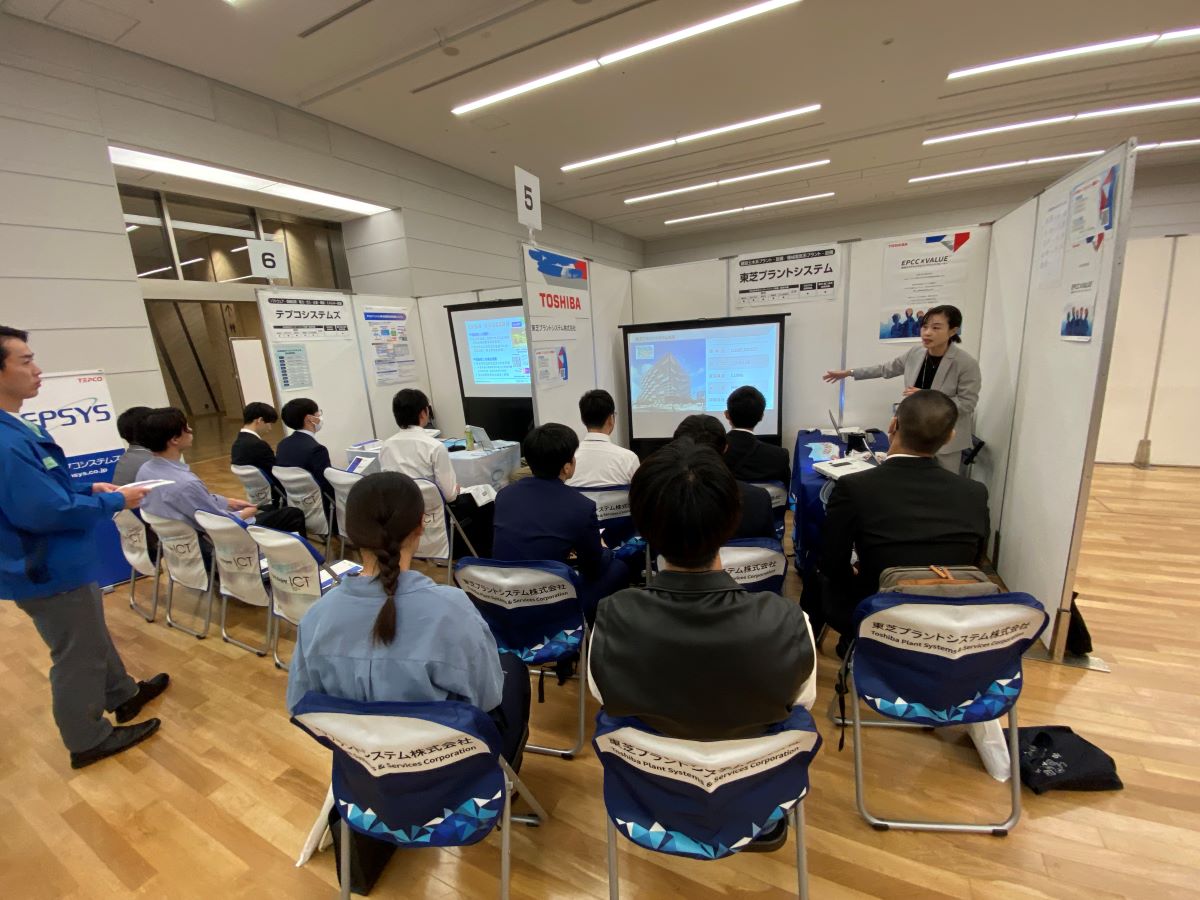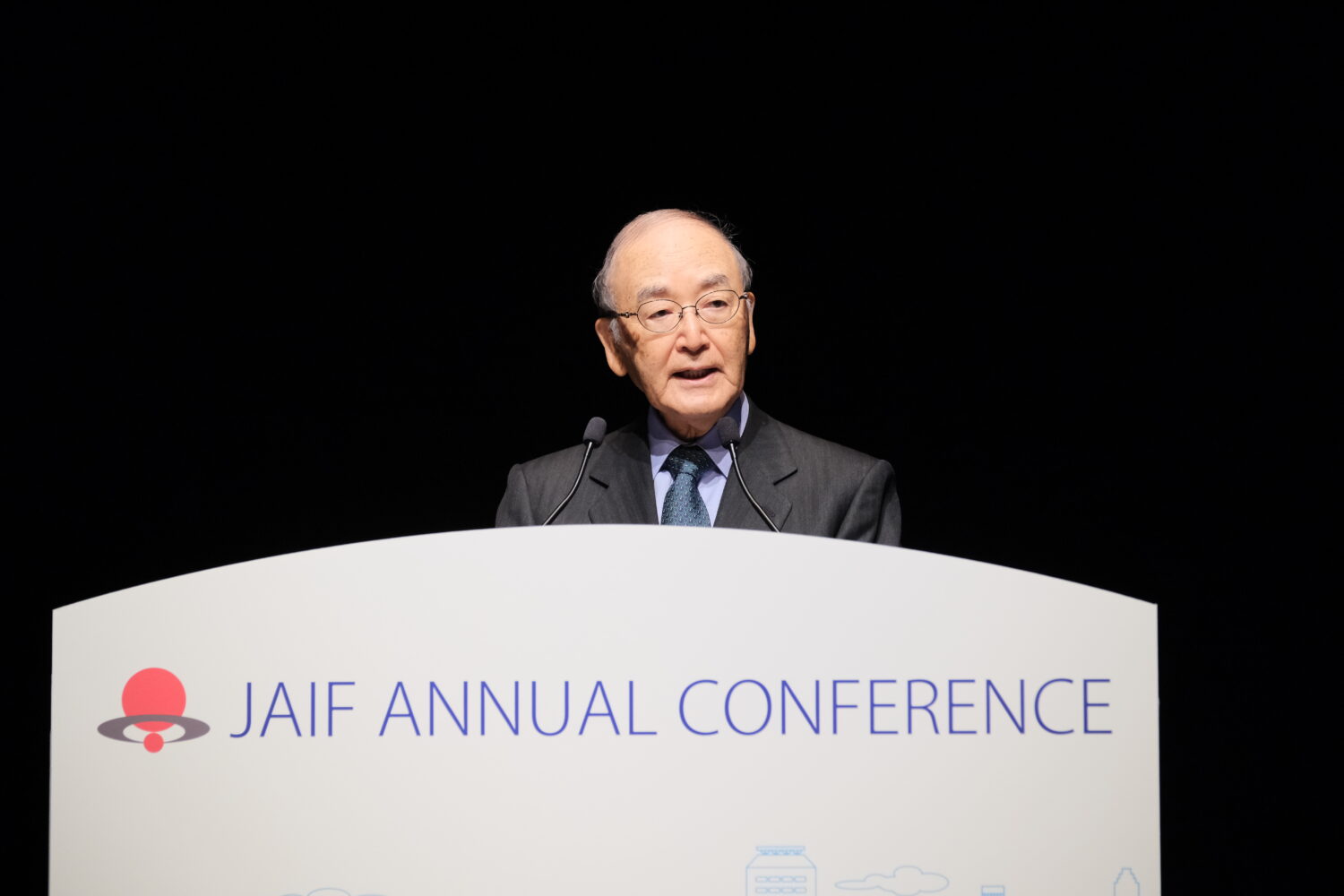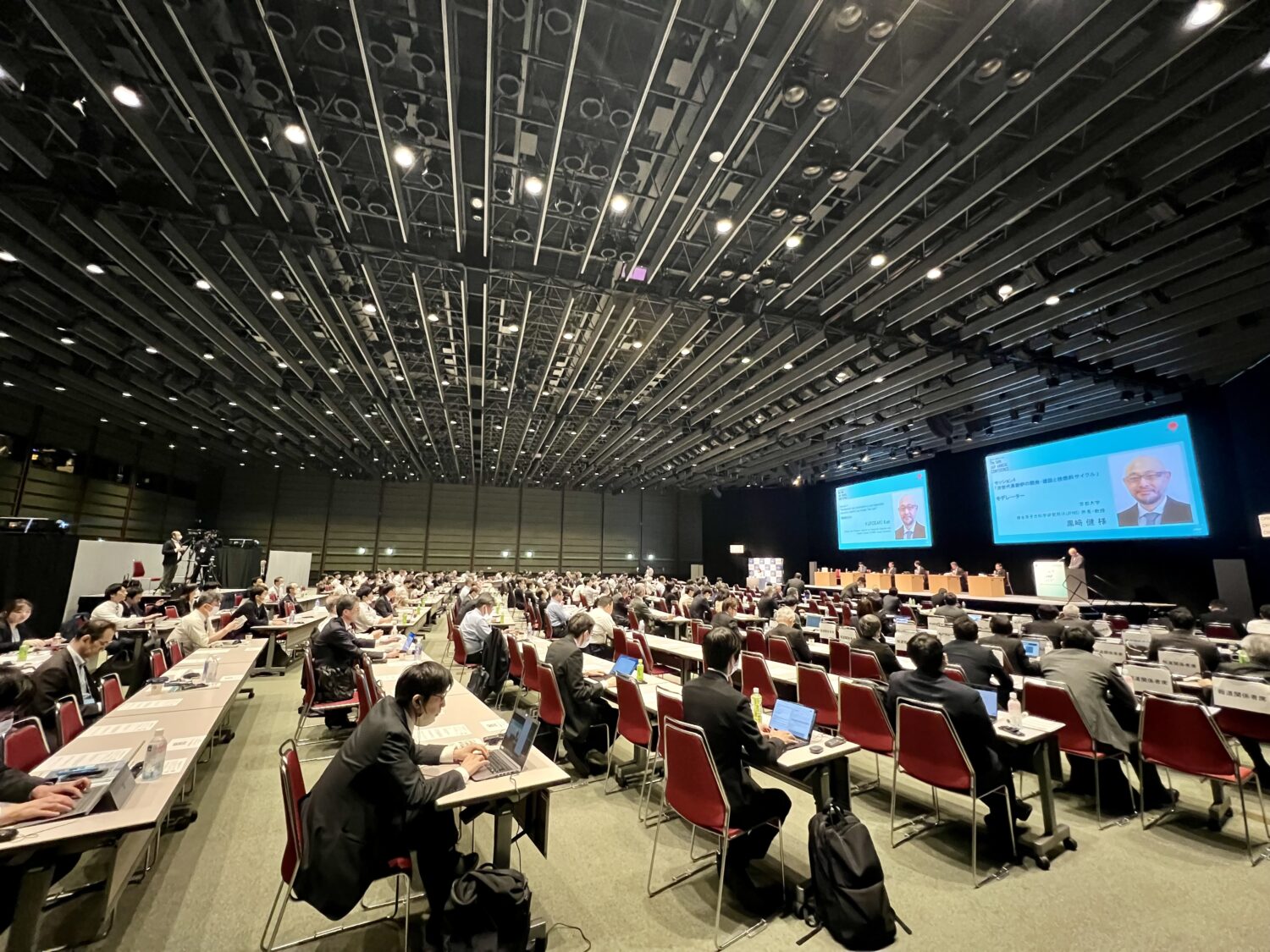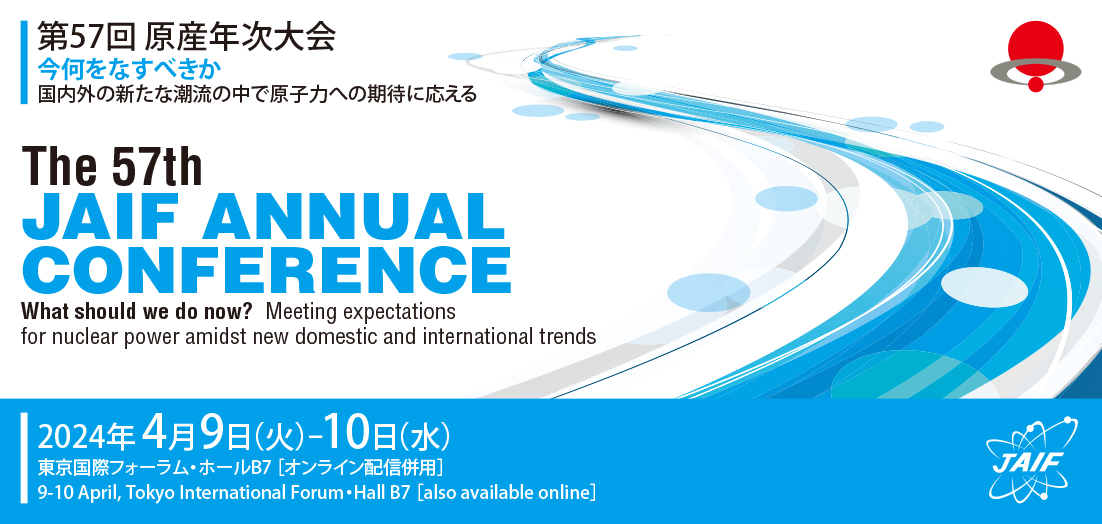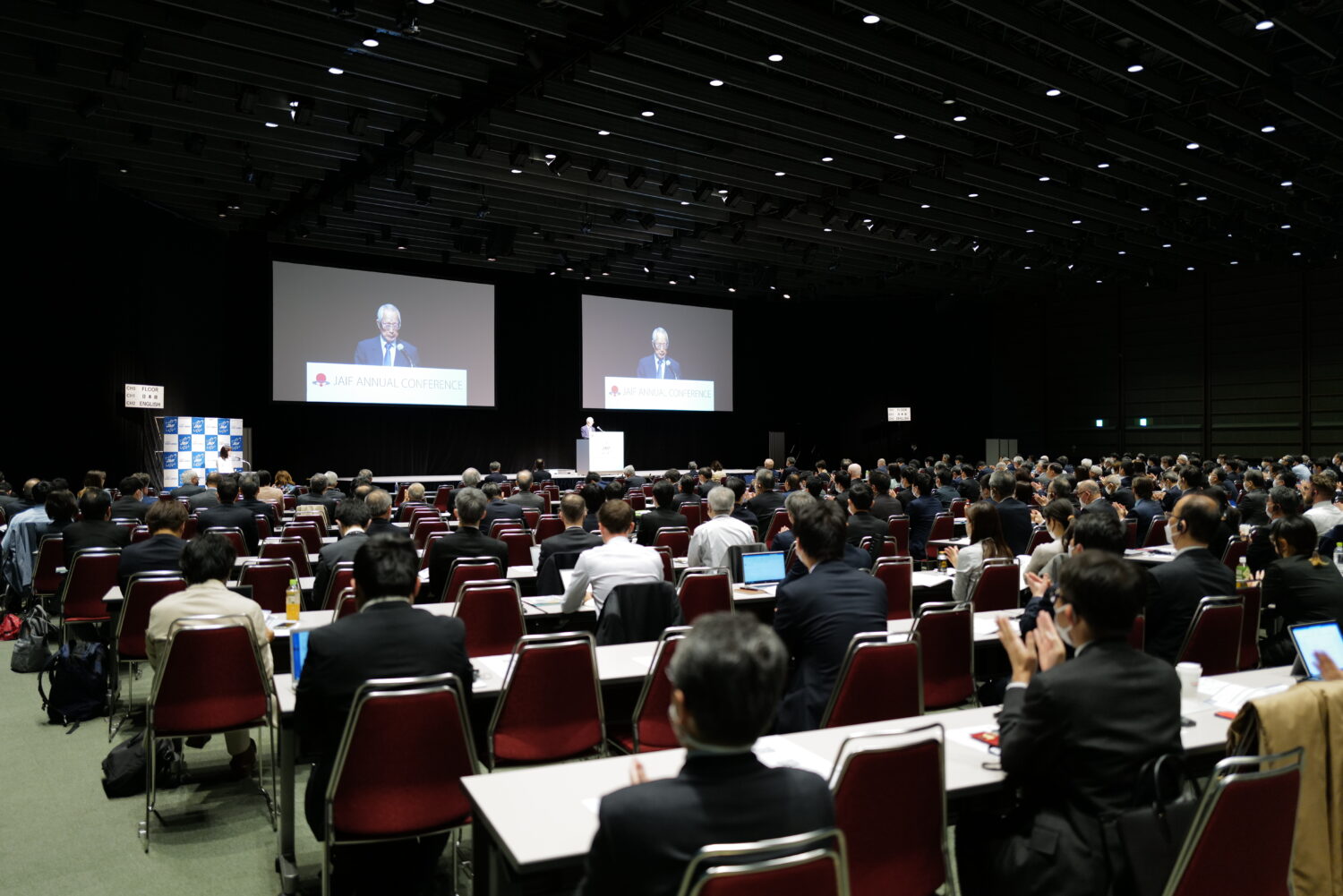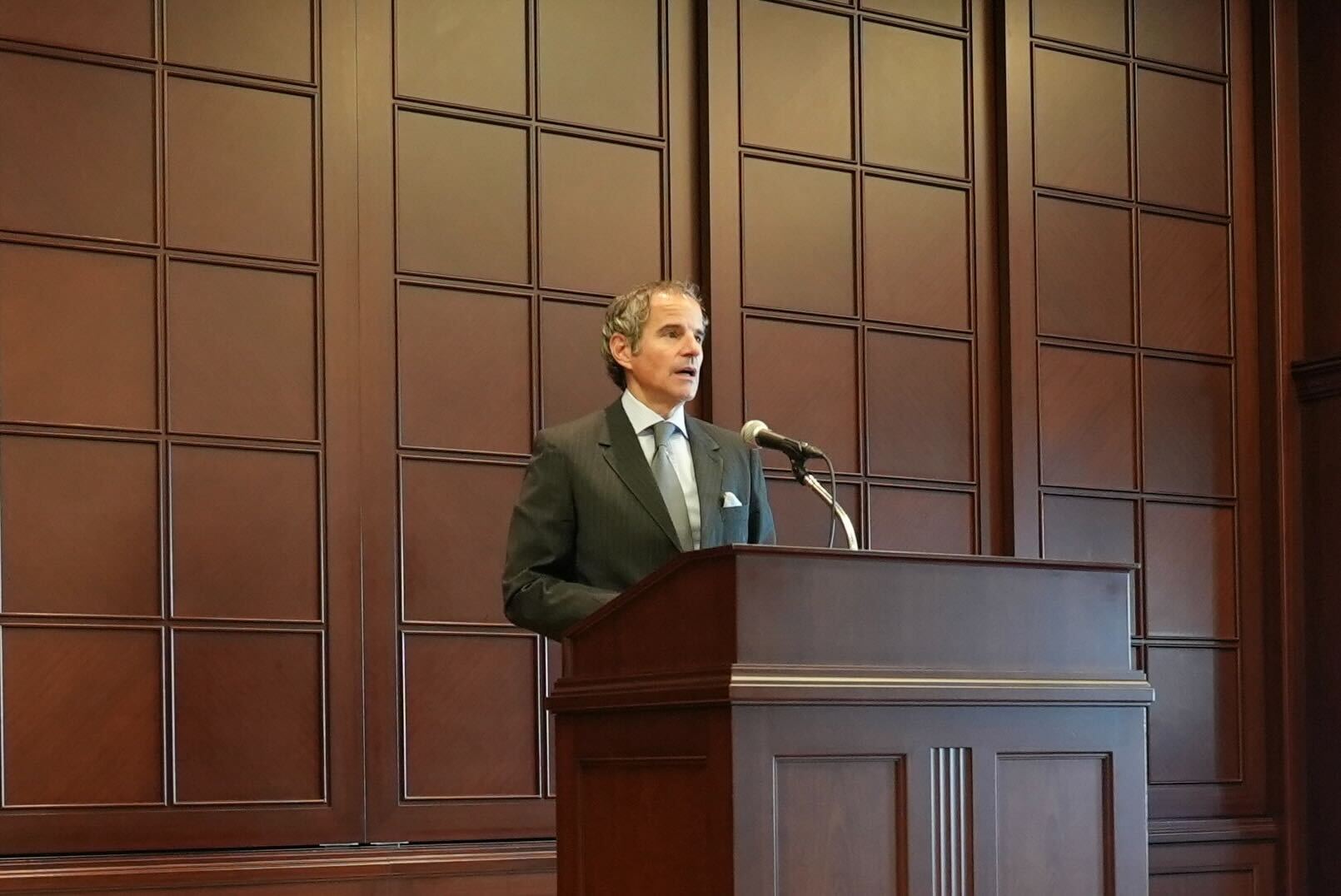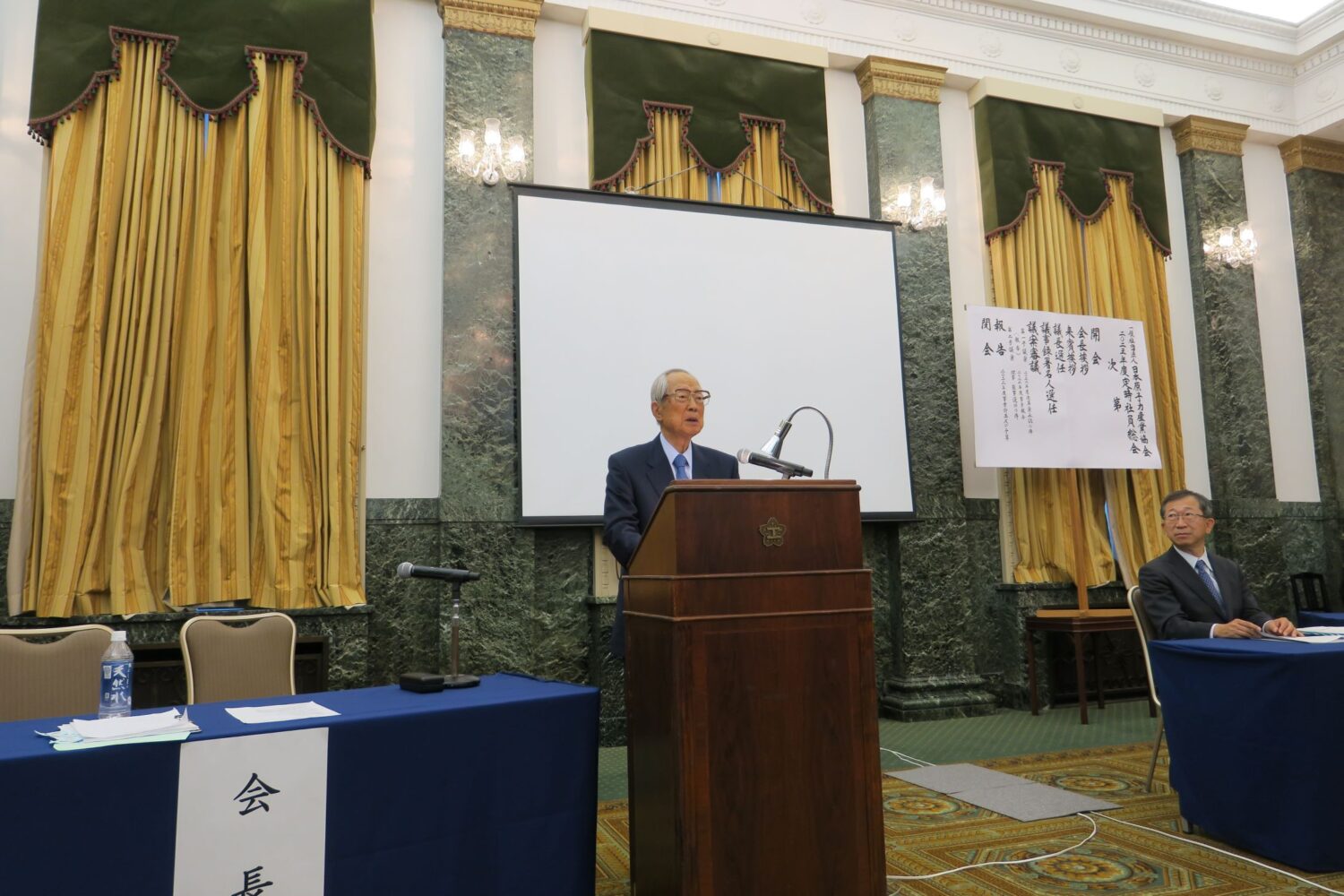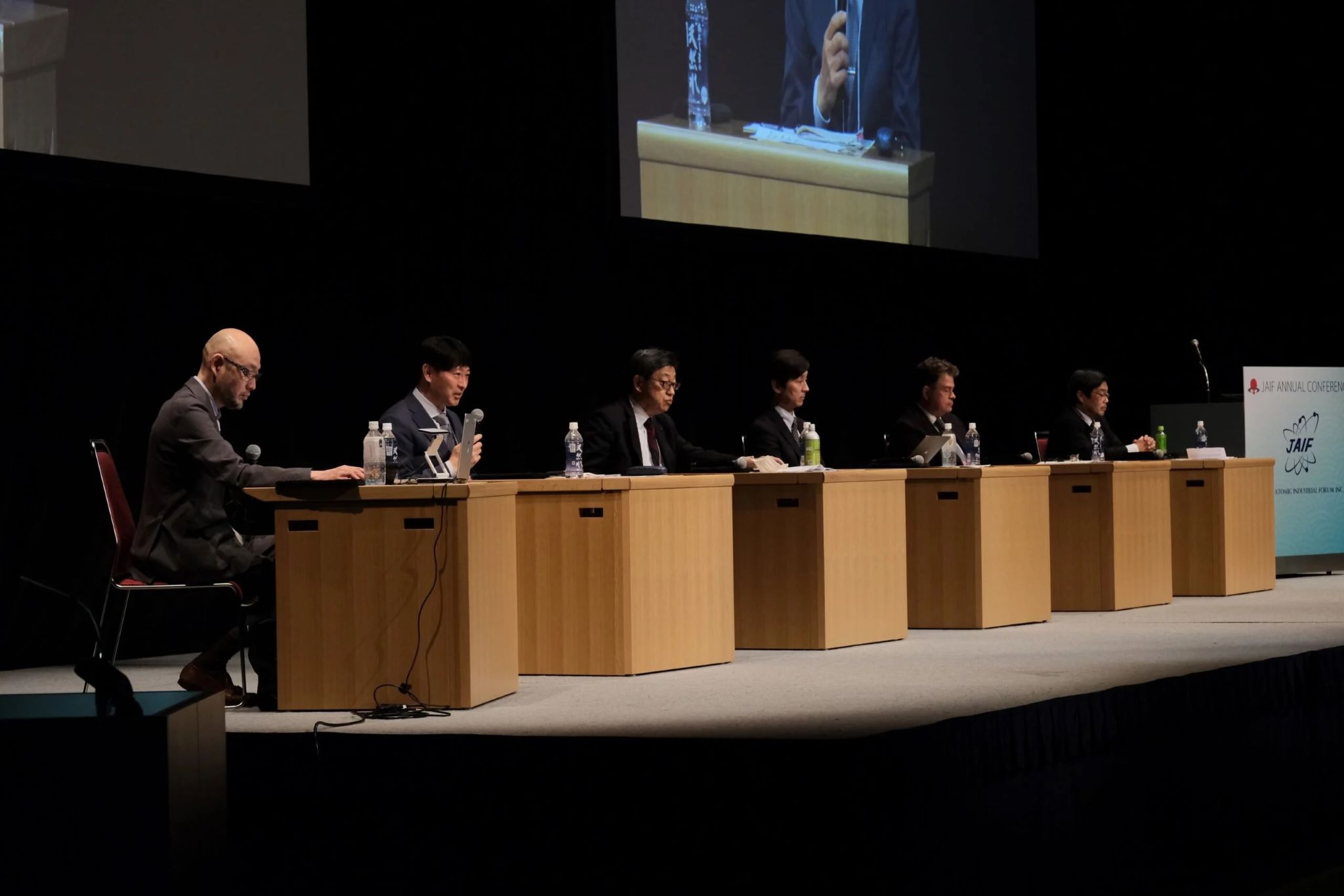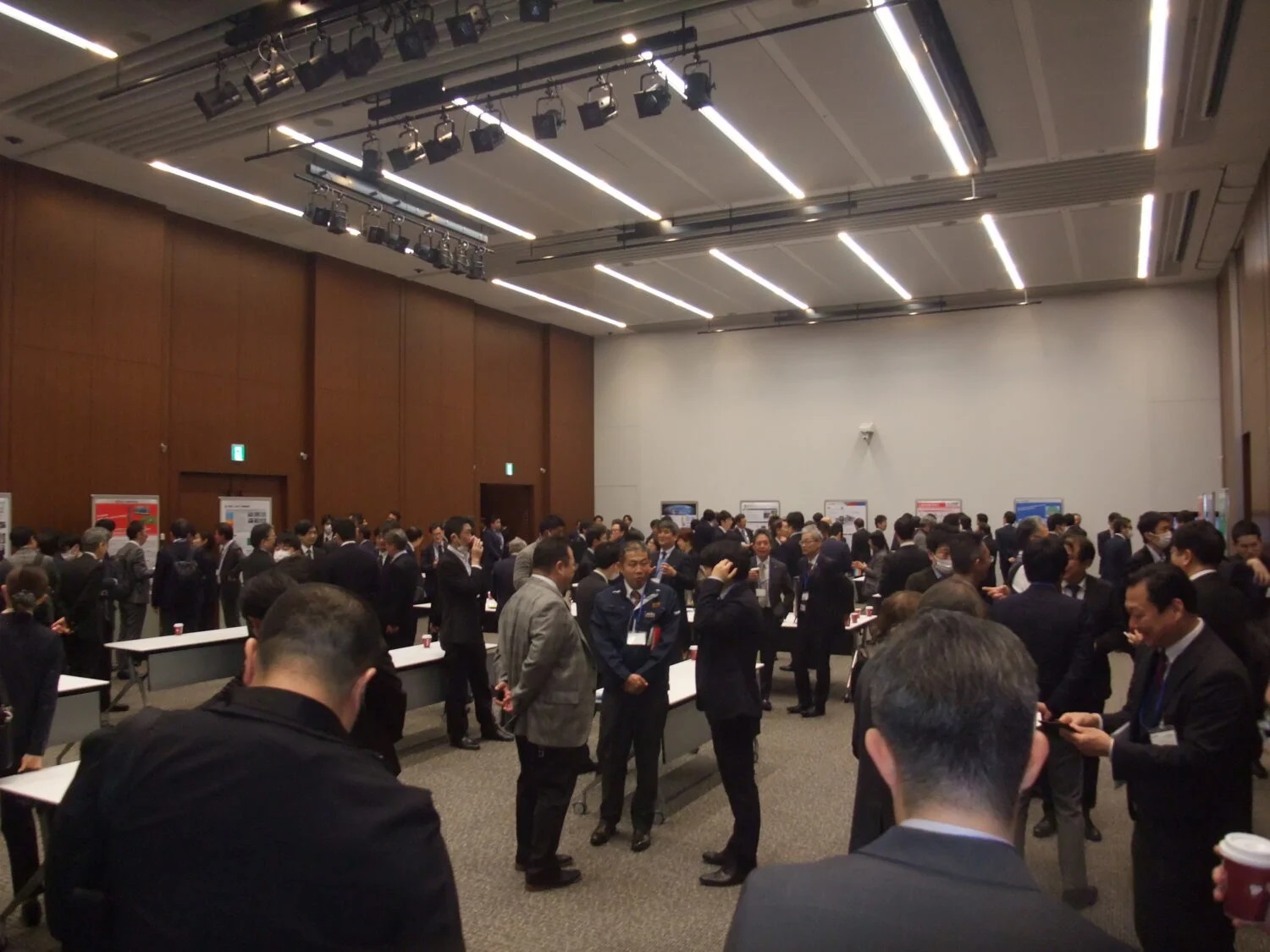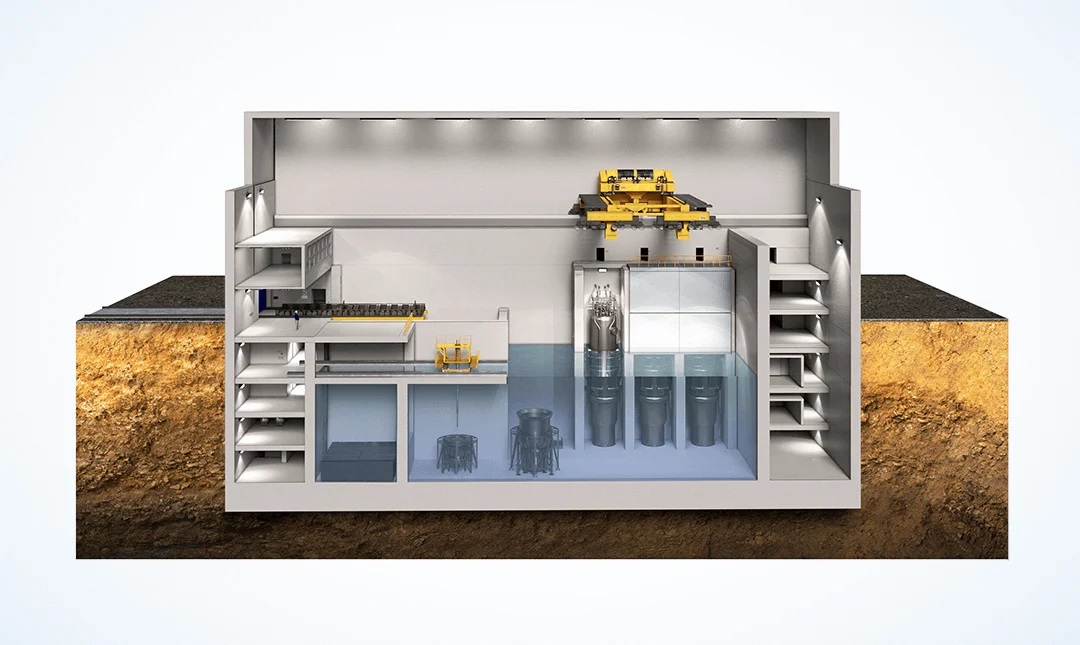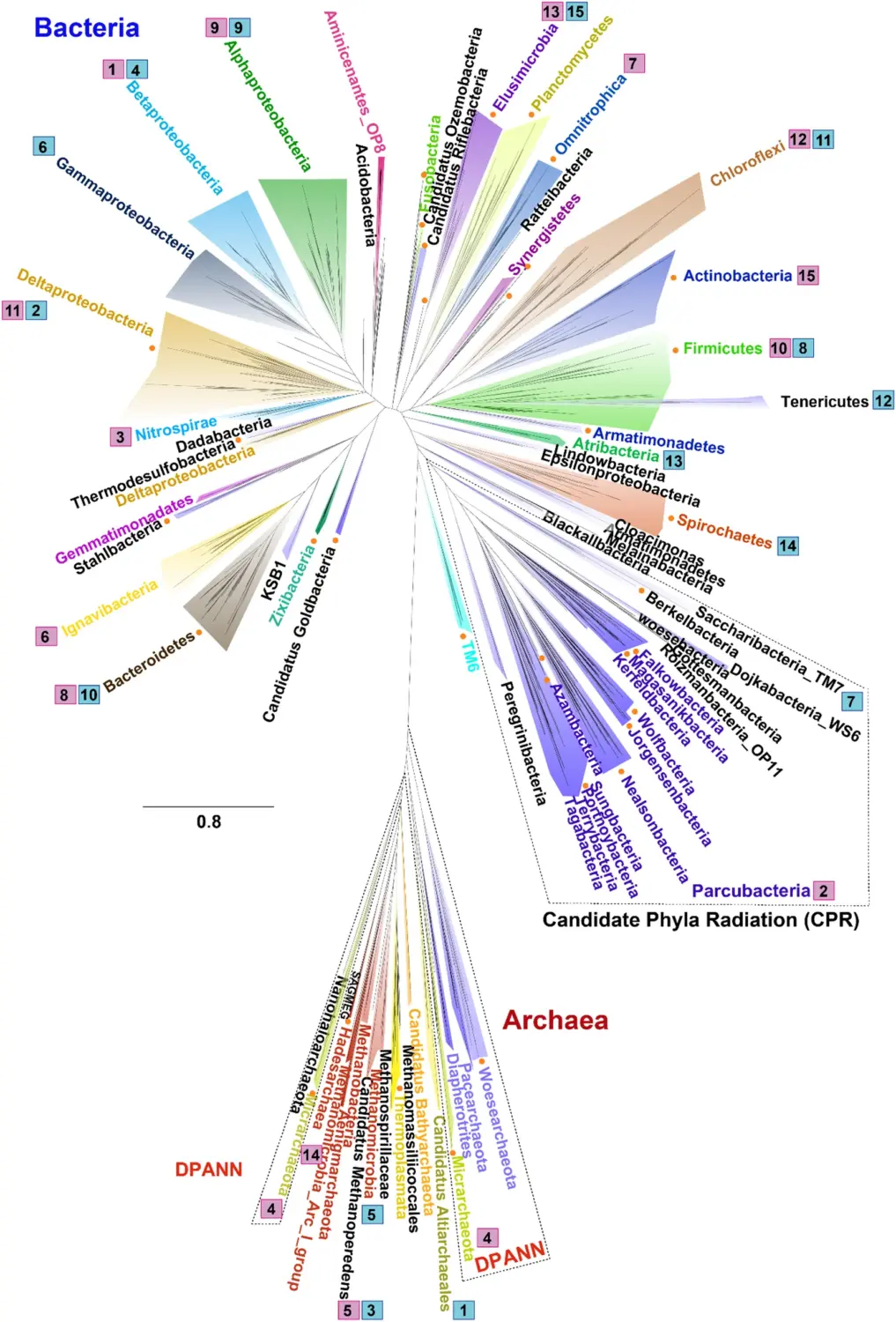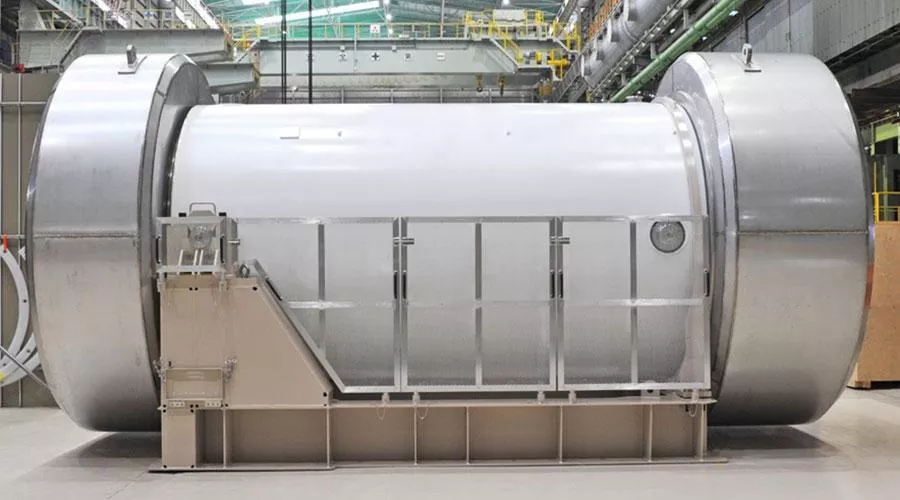In the communiqué adopted on April 16 at this year’s G7 Ministers’ Meeting on Climate, Energy and Environment, language positive to nuclear energy was conspicuous, and nuclear power is “sailing with a tailwind around the world.” In order, however, for existing reactors to be operated longer and for new ones to be constructed, what must the nuclear industry do and what should government do in support?
The panelists at Session 2 gave various responses to those questions. Director General Yves DESBAZEILLE of nucleareurope said, “Energy technologies must stand on the same level playing field. It is important politically not to treat renewable energies alone more favorably.” Meanwhile, NIA Executive Director and CEO Tom GREATREX said, “In the UK, the government strongly promotes nuclear energy and develops various regulatory and financing schemes, in response to which the nuclear industry will have to carry out its projects as scheduled.” Also, NEI Executive Director for Federal Programs and Supplier Relationships, Carol BERRIGAN, said, “The industry has to continue to operate nuclear reactors and demonstrate excellent results, improve supply chains to be responsive to new demands for nuclear power, and secure workers through fostering human resource development—all of which are essential.”
Although different countries thus have different responses, they share the idea that the key is having the ability to operate nuclear power plants (NPPs) according to actual demand.
Representatives from Canada and the UK—both countries where improvement works and projects to construct new plants are being carried out—expressed their recognition as follows: CNA Vice President George CHRISTIDIS said that “supply chains have been substantially strengthened,” while NIA’s Greatrex said that “projects to follow will have to be secured” in order to strengthen supply chains.
At the same time, shortages of human resources are now a global issue, with the panelists making relevant observations. NEI’s Berrigan said, “It is now hard to recruit students majoring in science and engineering. We have reached out to junior high schools and primary schools, asking them to introduce nuclear energy in their classrooms, in order that students might become aware that there are possibilities for—and begin to consider—careers in our field.” Meanwhile, nucleareurope’s Desbazeille said, “There are many engineers in Europe, including engineering students, but not many join the nuclear industry. We want to show them why they should consider nuclear energy.”
Regarding the same issue, WNA Senior Communication Manager Jonathan COBB said, “At the time a plant is completed, sufficient human resources must be in place. For that to happen, the industry realizes it must demonstrate the appeal and attraction of nuclear power to the people needed to work in it.” Lastly, NIA’s Greatrex said, “In Britain, ‘fair transfer’ for workers is being advocated, called ‘just transition.’ For example, we are trying to enable those in the oil and gas industry to move to clean industries if they wish. And, to attract attention broadly among the younger generation, it is important that we not only present the importance of nuclear energy, but convey our message with a spirit of hope, including its objectives and missions.”
The panelists also discussed specific policies for advancing public understanding of nuclear energy. WNA’s Cobb said, “I want people to simply ‘like’ nuclear in the same way that they simply love someone—without reason. Instead of wanting to make them understand it, we should want them to simply embrace it. Many in the nuclear field, having majored in science, present things too technically. But people are mostly not that way. Instead of explaining what nuclear is, we should convey what nuclear can do, and how it can change the world.” Also, nucleareurope’s Desbazeille said, “The recent energy crisis, the invasion of Ukraine, and the climate crisis, taken together, have driven us to recognize that very few options are left. Yet when it’s decided to deploy nuclear energy, there can be 15 to 20 years of lead time before that deployment, which is not politically efficient. Small Modular Reactors (SMRs), in contrast, for which lead times are short, can meet people’s expectations.”
Meanwhile, in relation to the same issue, NIA’s Greatrex said, “We should explain what should be explained, but not get too deep into details. Particularly when we are protective, explanations tend to become difficult, dissociating our industry from the people.” NEI’s Berrigan said, “It is important to convey that nuclear power is part of the quest to ensure the survival of humanity, and there must be diverse messengers. In addition to those in the nuclear industry, we need the younger generation and people in other industries to talk about the advantages of nuclear energy.” Lastly, CAN’s Christidis said, “Having different types of people spreading the message is indeed important. We have been making efforts in Canada to increase diversity and this has been effective.”
JAIF President Arai, the session moderator, concluded by saying, “Today’s six organizations will tackle the issues and share best practices with each other,” showing his strong determination to build robust, cooperative relationships.


